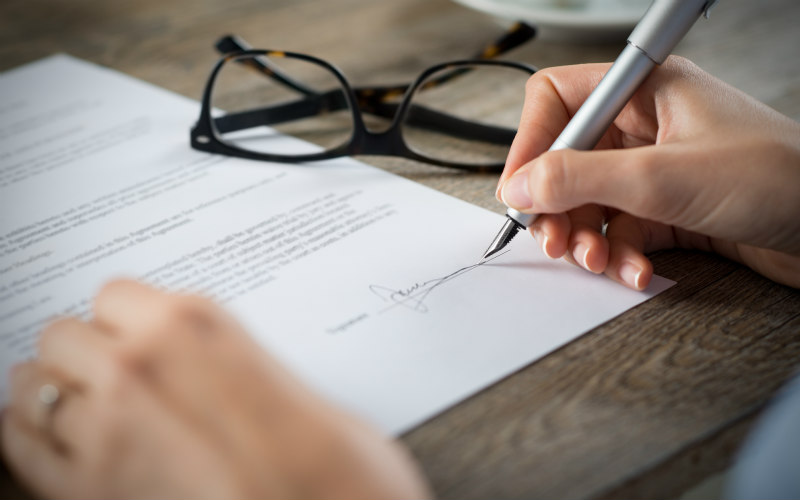
Becoming incapable isn’t something that people tend to think about, or plan for in advance.
As Solicitors we hear many misconceptions about what happens to someone’s affairs if they become incapable to deal with things for themselves.
Here we look at some of these common misconceptions. True or false? Where an individual is incapable, a relative can:
- operate the individual’s Bank Account
- decide where the individual should live and what care they should receive
- consent to medical treatment on the individual’s behalf
All of the above are in fact false. It is a common misconception that a relative, especially a next of kin, can deal with another relative’s affairs and make decisions on their behalf. In reality, in order for a relative to do so, the individual must have granted a Power of Attorney in their favour.
What is a Power of Attorney?
A Power of Attorney (POA) is the legal document in which one person gives another, chosen person, the power to act on the their behalf. Crucially, what many don’t know is that only those with capacity can put a POA in place. Capacity refers to an individual’s ability to make their own choices and decisions and communicate those wishes. The document must be accompanied by a certificate, signed by a solicitor or doctor, certifying the individual has capacity.
A Continuing POA grants the Attorney the power to deal with an individual’s financial and administrative affairs on their behalf. For example, it can give the Attorney the power to deal with tax returns or buy and sell their property.
A Welfare POA grants the Attorney the power to make decisions regarding the individual personal welfare. For example, it can give the Attorney the power to make decisions about where their individual lives and how they are cared for.
An individual can grant either a Continuing or Welfare POA, or both can be granted in a single document. If possible, the individual should appoint more than one Attorney. Multiple Attorneys can be appointed to act alone or to act jointly. It means that should anything happen to one Attorney, leaving them unable to act, the other Attorney or Attorneys can act. It also shares the burden placed on the Attorney, especially where there are hard decisions to be made and acts as a safeguard as the Attorneys must consult each other.
An individual can appoint different Continuing and Welfare Attorneys. A Continuing Attorney should be reliable, honest and trustworthy given the financial responsibilities they are being given. A Welfare Attorney should also have these qualities but in addition must know the individual well enough to know their beliefs and values so they can make decisions based on what they would have done. An Attorney must take the views and wishes of the Adult (so far as these can or have been expressed) into consideration when making any decision.
How does a Power of Attorney work?
In order for an Attorney to be able to use the powers, the document must be registered with the Office of the Public Guardian (OPG).
Depending on the individual’s wishes, the financial powers can come into force as soon as the document is registered or they can come into force only when the individual has lost mental capacity or if the granter consents to the Attorney using their powers. The Welfare powers only ever come into force when the Granter has lost mental capacity. The “trigger” for the powers coming into force is normally stated within the POA so it is clear.
The document is a safety net: it hopefully never has to be used, but if needed, it’s there. The fact that unlike a Will, a POA may never have to be used may discourage some from putting one in place. However a POA cannot be granted after capacity is lost, and therefore, like insurance, a POA cannot be granted with the benefit of hindsight. The thought of not being able to make your own decisions is a daunting one but a POA gives you the reassurance that, should such a situation arise, you know who will have the authority to look after your affairs.
What happens if I don’t have a POA?
Where a Power of Attorney has not been signed and capacity has been lost, a family must apply to the courts for the needed powers. Normally a Guardianship Order is sought to enable someone to make decisions and deal with an individual’s assets. This process is expensive and time consuming and decisions can’t be taken until the court has given the necessary authority.
Life throws many things at us which we can’t prepare for, but incapacity to deal with our own affairs, either physically or mentally, is one eventuality which we can prepare for. Having a POA gives you peace of mind that if in the future you are unable to look after your own affairs, you have made sure the person you want can. As such, a POA is one of the most important insurance policies you can have.
